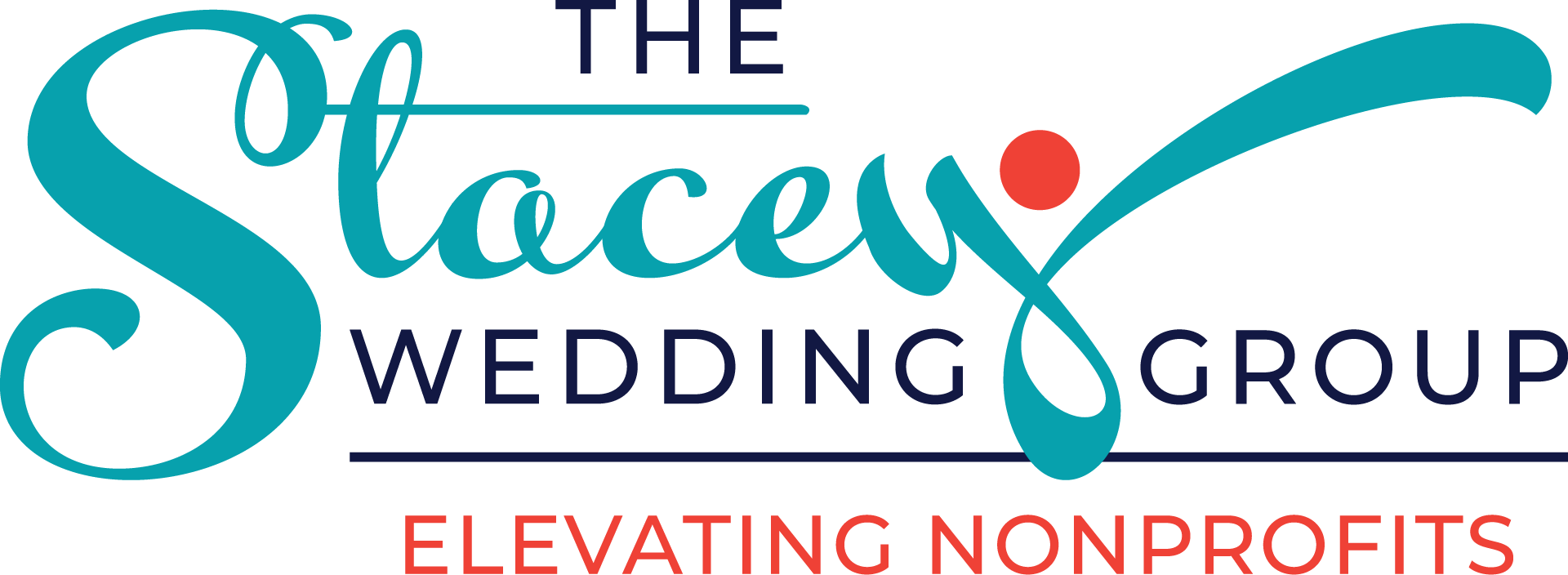Before you start a position at an organization, you might complete a 20 hour orientation. But all of that information will be overridden if one of the employees pulls you aside and says, “let me tell you how things really are around here.”
Ten minutes can mean more than 20 hours when it’s a story. Our brains are helpless to it.
It’s the point that Leah Eustace made at the Nonprofit Storytelling Conference.
Stories are just what make us human. We’ve been telling them for 100,00 years. To put that into perspective, we’ve only been using written communication for 6,000. And mass writing? For about 200. Stories are more than words on paper. They’re the way we communicate and see the world.
Leah pointed out that the average day dream is about 14 seconds long. And we have about 2000 of them every single day. We spend half of our waking lives writing fantasy stories in our brain.
So what is important to know about stories and science? Here’s what Leah had to say:
- People remember the feelings associated with a story, not the words. The most important thing about the words you use is that they accurately convey the feeling you need people to remember.
- The story every person hears is different, because it includes their current state of mind, their past experiences and feelings. This means that the best stories are ones the donor can become a part of. Leave enough information out that the donor can see themselves inside of the story.
- Good stories anesthetize the part of the brain that knows it’s a story. This means writing letters that have no obstacles. No big words, no hard concepts and short paragraphs.
- The brain reacts more to the story of one person. Adding even one other person decreases efficacy.
- In the brain instinct rules, emotions come second, and thinking third. This is really important in crafting stories.
- The brain will make stories of everything. Pieces of dialogue or single sounds. You don’t need a lot of content.
Understanding stories is often about understanding the people who will encounter them.
— Aeriel Halstead, PiP Positive Change Trailblazer and Communications Specialist
